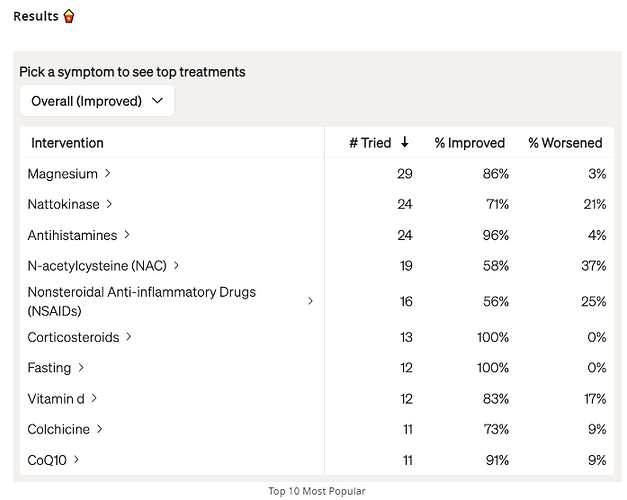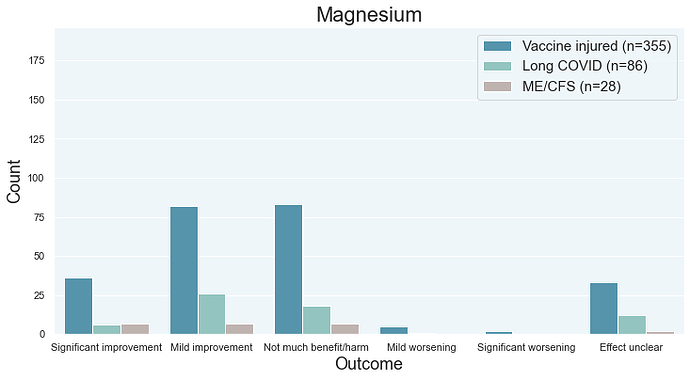Unreliable information in online support groups… let’s talk about it. Eventually, you will realize that a few people will intentionally say something that they know is not true. Here are some things to watch out for…
Financial conflicts of interest
Multi-level marketing schemes create incentives for users of the product to sell it to people that they know. Unfortunately, sometimes these schemes get out of hand when sellers gang up on people who dare to say anything negative about the product that they’re selling. You can see an example on my Facebook wall regarding the Prife iTeraCare wand.
Other products where there is a conflict of interest
Asea redox is another MLM product.
The following products are sold through people who receive commissions or affiliate payments to sell them:
- Roots Brands Wellness
- The Wellness Company (e.g. Peter McCullough and other notable names in the medical freedom movement)
Politicized topics - ivermectin, HCQ, vaccines, masks
This one is pretty straightforward. Certain medical topics became highly politicized. Some moderators of support groups will suppress viewpoints on that topic that they don’t like.
Here’s what’s actually going on with these topics…
IVM and HCQ: These treatments don’t work for most people. Survey data suggests that a few people are recovering thanks to either drug, and some other people are reacting negatively to either drug.
Vaccines: Chronic illness patients react very negatively to vaccines at much higher rates than healthy people. Data here: The Connection Between Vaccine Injury, Long COVID, and ME/CFS
It’s… highly unfortunate that advocacy groups were surveying patients and figuring this out. Some advocacy groups (and researchers and clinicians) recommended COVID vaccines anyways for non-medical reasons. If you check the slides in the video above, it’s not hard to figure out what those groups were.
Masks: Elastomeric respirators work better than N95s. There isn’t good data as to how much protection they provide- N95s provide very little or no protection.
Advocacy
This is why I’m building up support communities where this kind of thing won’t happen.
- This forum at https://forum.sickandabandoned.com/
- r/VaxRecoveryGroup which is owned by Zelly.
- My Canadian vccn injury Facebook group
- Cat Parker’s Facebook group
- Cat Parker’s TrialSite News group
In the long run, it’s better if ownership is spread out across 2-3 people and the support groups are in the hands of people who will put patients ahead of politics. We need places where we can say good and bad things about a treatment, ivermectin, masks, etc.
Some patients anecdotes aren’t reliable
This may be due to how some people define improvement or what they perceive as improvement.
On surveys, some people report that almost all treatments helped them. That’s just how they see the world (regardless of how recovered they are).
Some anecdotes probably aren’t an accurate reflection of how the patient did health-wise.
There are also some people who will intentionally say things that they know is not true- even if they don’t make money from saying untrue things. It’s messed up but it happens.
Eureka Health data
Noah Macca / Eureka Health scraped data from support groups and compiled data on the percentage of people who improved. If you simply go by what people post online, then the improvement rate is 86% for magnesium.
However, survey data for magnesium shows that the response rate is well below 86%… it’s around half:
What happens with the online support groups is that most people don’t bother posting negative results or ‘it had no effect’ because people don’t care or you’ll get attacked for posting negative results. That leads to an ‘everything works’ effect where most posts are about treatments that supposedly work.
For a deeper dive into the ‘everything works’ problem, see this post.
Recap
Take online medical information with a grain of salt. Sometimes people get a little too excited about the treatment that they are currently trying.
The online groups are good for legal information, information about finding doctors, upcoming events, etc. It’s not that anecdotes are useless. They do help point us into treatments that we should explore. However, treatment isn’t easy and it looks like we need to gather RELIABLE data (e.g. surveys are a little more reliable than anecdotes but they have their own problems). The data also needs to be from a large enough group of people because response rates are low.
I’ve compiled the more reliable data sources into the post What we know about treating Post COVID Vaccination Syndrome (August 2023) so that you can quickly get up to speed. I hope that helps!



